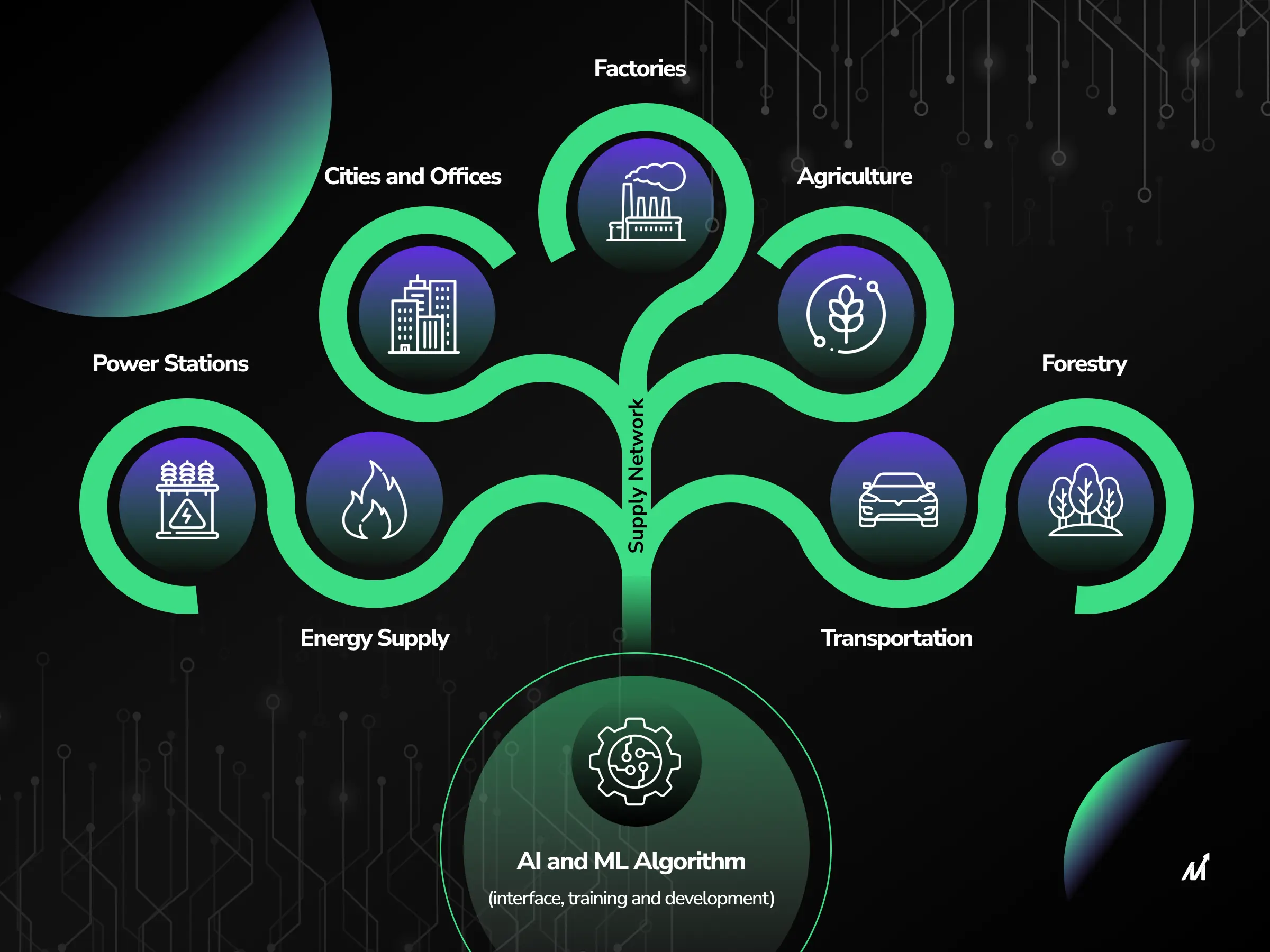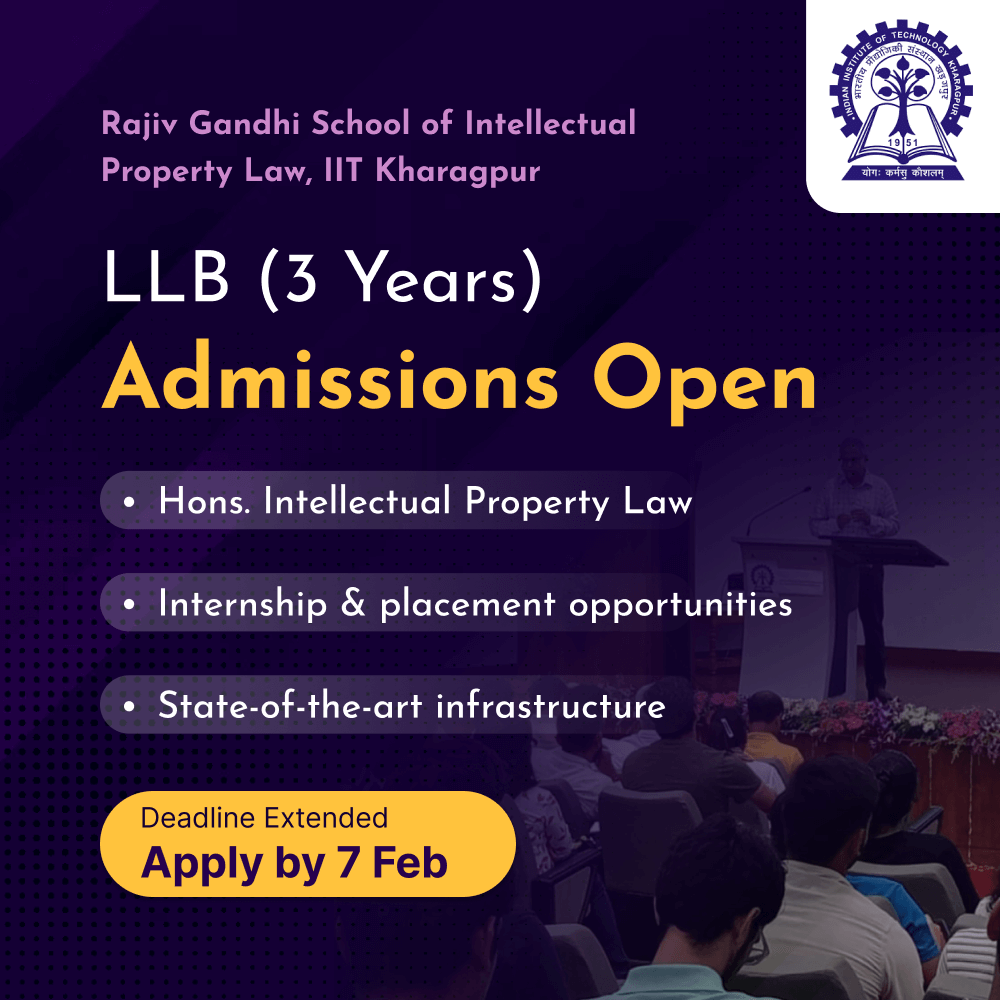Android Basics with Compose is a self-paced, online course on how to build Android apps using the latest best practices. Check out the details below!
About Android Studio
Android is a mobile operating system developed by Google. It is based on a modified version of the Linux kernel and other open-source software, and is designed primarily for touchscreen mobile devices such as smartphones and tablets. Android is the world’s most popular mobile operating system. Android is open-source, meaning that the code is freely available for anyone to modify and redistribute. Android is a powerful and versatile operating system that can be used to create a wide variety of mobile apps.
Android Studio is the official integrated development environment (IDE) for Android app development, built and distributed by Google. It is based on IntelliJ IDEA, a popular Java IDE developed by JetBrains. Android Studio is a powerful tool that can help you develop high-quality Android apps. It is available for free download from the Android Studio website. Android Studio provides a number of features that make it ideal for Android app development, including:
- Code editor
- Layout editor
- Debugger
- Profiler
- Built-in emulator
- Support for multiple programming languages
- Android Gradle plugin
- Android SDK
- Android Studio documentation
About the Course
Android Basics with Compose is a self-paced, online course on how to build Android apps using the latest best practices. It covers the basics of building apps with Jetpack Compose, the recommended toolkit for building user interfaces on Android. The course goals are:
- Understand the fundamentals of Kotlin and Jetpack Compose
- Build a series of basic Android apps
- Use Android app architecture, Jetpack libraries and work with data according to Modern Android Development practices
The course modules are:
- Introduction to Kotlin: Learn introductory programming concepts in Kotlin.
- Setup Android Studio: Install and set up Android Studio, create your first project, and run it on a device or emulator.
- Build a basic layout: Build an Android app with a simple user interface that displays text and images.
- Kotlin fundamentals: Learn more fundamentals of Kotlin, object-oriented programming, and lambdas.
- Add a button to an app: Learn how to respond to a button click in an Android app.
- Interacting with UI and state: Create a tip calculator app that calculates the tip from user input.
- More Kotlin fundamentals: Learn additional Kotlin programming concepts that will enable you to build more interesting and fun Android apps.
- Build a scrollable list: Create an app that displays a scrollable list of text and images using Compose.
- Build beautiful apps: Make your apps more beautiful and intuitive to use with Material Design, animations, and accessibility best practices.
- Architecture Components: Learn about app architecture and how to use ViewModels, UI State, and StateFlow to build more complex apps.
- Navigation in Jetpack Compose: Learn how to use the Navigation component to build more complex apps with more screens and how to navigate and pass data between different composables.
- Adapt for different screen sizes: In this pathway, you’ll learn how to adapt your app to different screen sizes and provide a better user experience, as well as how to test your adaptive UI.
- Get data from the internet: Implement coroutines to perform tasks concurrently without blocking the app, and learn about HTTP and REST to get data from the internet.
- Load and display images from the internet: Apply architecture best practices to the app and use Coil to download and display images.
- Introduction to SQL: Learn how to use SQL to read and manipulate data in a relational database.
- Use Room for data persistence: Use the Room library to easily create and use relational databases in an Android app.
- Store and access data using keys with DataStore: Learn how to store simple, key-value pair data with Preferences DataStore in an Android app.
- Schedule tasks with WorkManager: Learn when and how to use WorkManager, an API that handles background work that needs to run regardless of whether the application process is still running.
- Android Views and Compose in Views: Learn the basics of building apps with Android Views and how to add a composable in an app built with Views.
- Views in Compose: Learn how to add and use existing Views inside an app built with Jetpack Compose.
Prerequisites
- Basic computer skills
- Basic math skills
- A computer that can run Android Studio (see system requirements)
- (Optional) Android device
Timeline
The course is self-paced. There are no deadlines and requirements
How to Apply?
Interested candidates can apply directly via this link.











